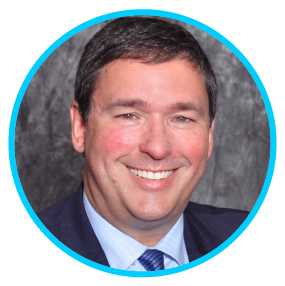Changing the world sounds like a tall order. But in
reality, educators play their role to help change the world every day. Join
Stephen Pruitt, former science teacher and science/policy leader, for a
humorous, yet important discussion about the critical role of teachers in
changing the world. Dr. Pruitt will share his experiences, both personal and
professional, to remind us of the power of teachers in his life and as we
recover from COVID. Dr. Pruitt has long been a member of NSTA and has worked for
the national importance of science education and the support of teachers. His
comical storytelling and somewhat unique look at the world will engage and
inspire you as we all continue the fight against ignorance.
About the Speaker
 Stephen Pruitt is the sixth president of the Southern Regional
Education Board in July 2018. Under his leadership, SREB has continued its work
on college and career readiness, postsecondary attainment, workforce
preparation, learning environment, and support of the SREB states’ policy and
education leaders to improve the education systems for each student.
Stephen Pruitt is the sixth president of the Southern Regional
Education Board in July 2018. Under his leadership, SREB has continued its work
on college and career readiness, postsecondary attainment, workforce
preparation, learning environment, and support of the SREB states’ policy and
education leaders to improve the education systems for each student.
During his career, Dr. Pruitt has amassed education policy, assessment, and
instructional background at the local, state, and national levels.
Before coming to SREB, Dr. Pruitt was Kentucky’s state commissioner of
education. At the national level, he had worked closely with state agencies and
educators around the country to improve policy and practice in science
education. In Georgia, Dr. Pruitt began his career as a high school science
teacher and subsequently served in several roles for the Georgia Department of
Education. Dr. Pruitt can be reached via email, [email protected], or followed
on Twitter, @DrSPruitt.
SPEAKERS:
Stephen Pruitt (Southern Regional Education Board: Atlanta, GA)